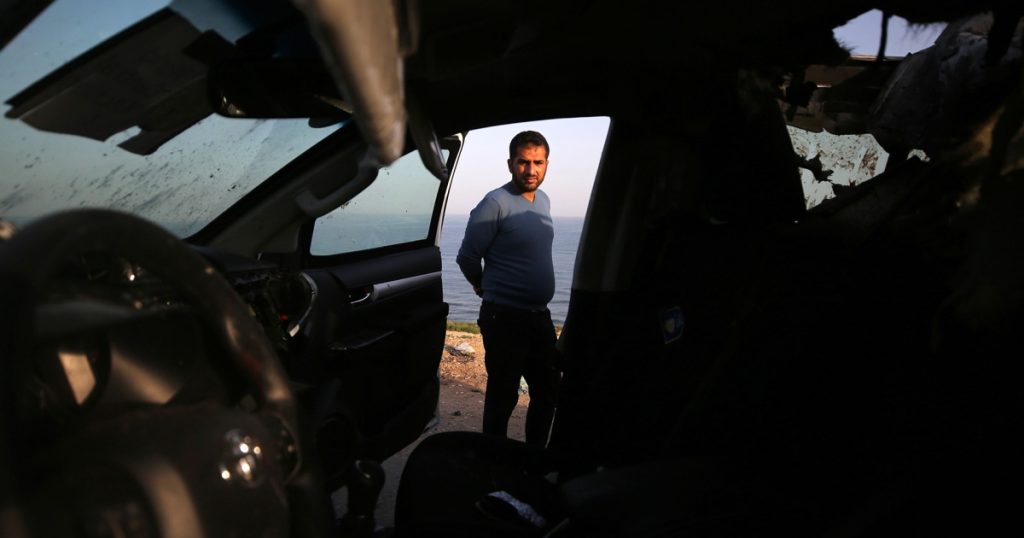The Israel Defense Forces recently released the findings of its internal investigation into the airstrikes that killed seven aid workers from World Central Kitchen in Gaza. The IDF presented its findings to Lt. Gen. Herzi Halevi, Chief of the General Staff. The investigation concluded that the incident should not have occurred, as those who approved the strike believed they were targeting armed Hamas operatives, not aid workers. The IDF has taken disciplinary action against two officers, two commanders, and the senior commander responsible for the incident. The strike was deemed a serious mistake resulting from mistaken identification, errors in decision-making, and a violation of Standard Operating Procedures.
Following the incident, there have been calls for an independent investigation into the airstrikes and demands for Israel to allow more aid into Gaza and better protect humanitarian workers. The United States has also urged Israel to take further action in these areas. The IDF’s investigation revealed that the forces involved in the airstrikes had mistakenly identified gunmen on one of the aid trucks and then incorrectly assumed that the gunmen were inside the accompanying vehicles, which were actually part of the World Central Kitchen convoy. This misidentification led to the targeting of the aid vehicles, resulting in the tragic loss of life.
The IDF confirmed that the forces did not realize the vehicles they targeted were associated with World Central Kitchen. The mistaken assumption that the aid workers were Hamas operatives inside the vehicles led to the deadly airstrikes. The IDF’s statement emphasized that the actions taken by the forces were based on a misclassification of the situation and a misidentification of the vehicles as carrying Hamas terrorists. This has raised concerns about the accuracy and effectiveness of the IDF’s targeting procedures and decision-making processes in similar situations in the future.
The incident has sparked outrage and condemnation, as the deaths of the World Central Kitchen aid workers have highlighted the dangers faced by humanitarian workers in conflict zones and the need for better protection and accountability. The IDF’s acknowledgment of the grave mistake and its disciplinary actions against those responsible are seen as initial steps towards addressing the errors that led to the tragic outcome. However, there is a growing demand for more thorough investigations and measures to prevent similar incidents in the future, including improved training, communication, and coordination among military forces and humanitarian organizations operating in conflict zones.
The investigation’s findings have brought to light the challenges and complexities of conducting military operations in densely populated areas like Gaza, where the risk of civilian casualties is high. The incident has underscored the importance of proper identification and verification processes in targeting decisions to prevent tragic errors like the airstrikes that killed the aid workers. The IDF’s commitment to transparency and accountability in investigating and addressing the mistakes made in this case is crucial for ensuring the safety and security of all individuals involved in humanitarian efforts and conflict resolution in the region.
Moving forward, there is a pressing need for enhanced cooperation and communication between military forces, humanitarian organizations, and local authorities to prevent similar incidents and protect the lives of aid workers and civilians in conflict zones. The tragic loss of the World Central Kitchen aid workers serves as a stark reminder of the human cost of conflicts and the urgency of finding peaceful and sustainable solutions to the underlying issues driving the violence and suffering in regions like Gaza. By learning from the mistakes made in this incident and implementing necessary changes and safeguards, all parties involved can work towards a safer and more effective environment for humanitarian operations and peacebuilding efforts in conflict-affected areas.


